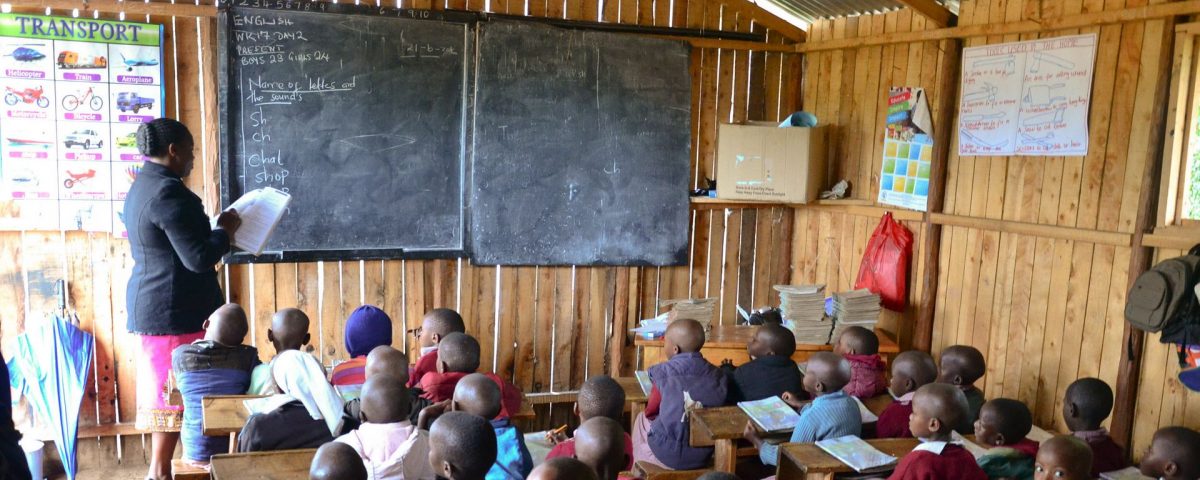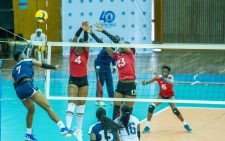We can put an end to the learning crisis in our time

Give a child in grade four a grade three English text to read. Four in ten or forty per cent of them will read. This means that 60 per cent of them are promoted from one grade to another without having achieved the expectations of that grade level.
This is according to the Usawa Agenda assessment conducted in 2021. Data from the Uwezo annual assessments conducted between 2009 and 2015 confirmed that this problem affected more children in public than private schools, more children from poorer households, and those whose parents have less education.
So one asks, is the problem the curriculum, the way we teach, or the children? Or, is it just lack of accountability from the teachers and schools, that your work is to just cover the syllabus and wait for the year to end, whether the children have learnt or not?
Certainly, something can be done about this. A visit conducted in September 2022 by a group of educators from Kenya to Sobral in Brazil established that three things are key.
First is a regular assessment that establishes where each child is at. In Sobral, these assessments are conducted twice a month by the school.
With this information, special sessions are organised for the children who have fallen behind, called individual remedial sessions.
Third is the continued training and support to teachers, to keep improving the way they teach, to carry with them all children. Parents are also involved to support learning at home.
In Kenya, the accelerated learning programme implemented by Zizi Afrique between 2018 and 2022 demonstrated that assessing literacy and numeracy, grouping children according to their levels, and facilitating level-based learning activities can accelerate learning for up to 70 percent of the children who have fallen behind, within only 30 days.
Since we do not have enough teachers yet, teaching methods that focus on smaller groups, and assessing learning competence (rather than knowledge) can support teachers to do better.
Simple assessments have been developed and are available online, that teachers could draw on as a tool. All said and done, children must have access to reading stories, both at school and home, and teachers must account for the learning of every child before they pass them over to the next grade.
Parents must support schools and teachers through simple things like telling stories to children and providing reading materials at home. This way, we can end this learning crisis during our time.
— The writer is the Executive Director of the Zizi Afrique Foundation











